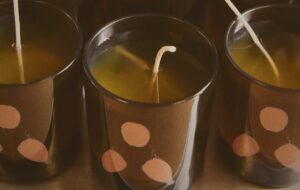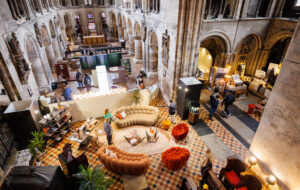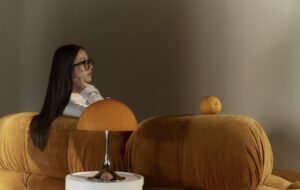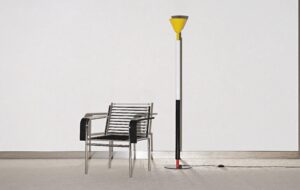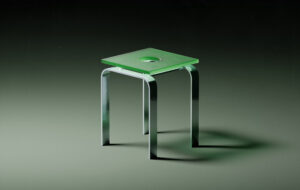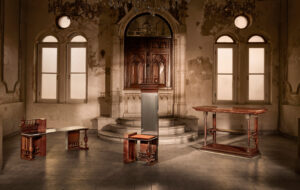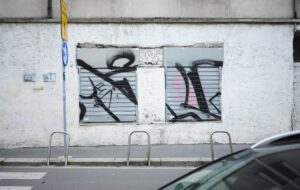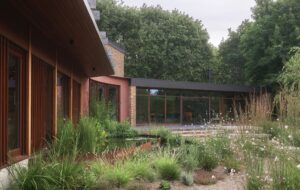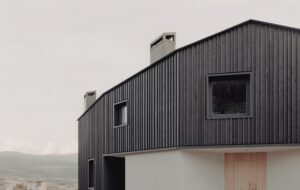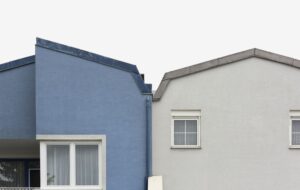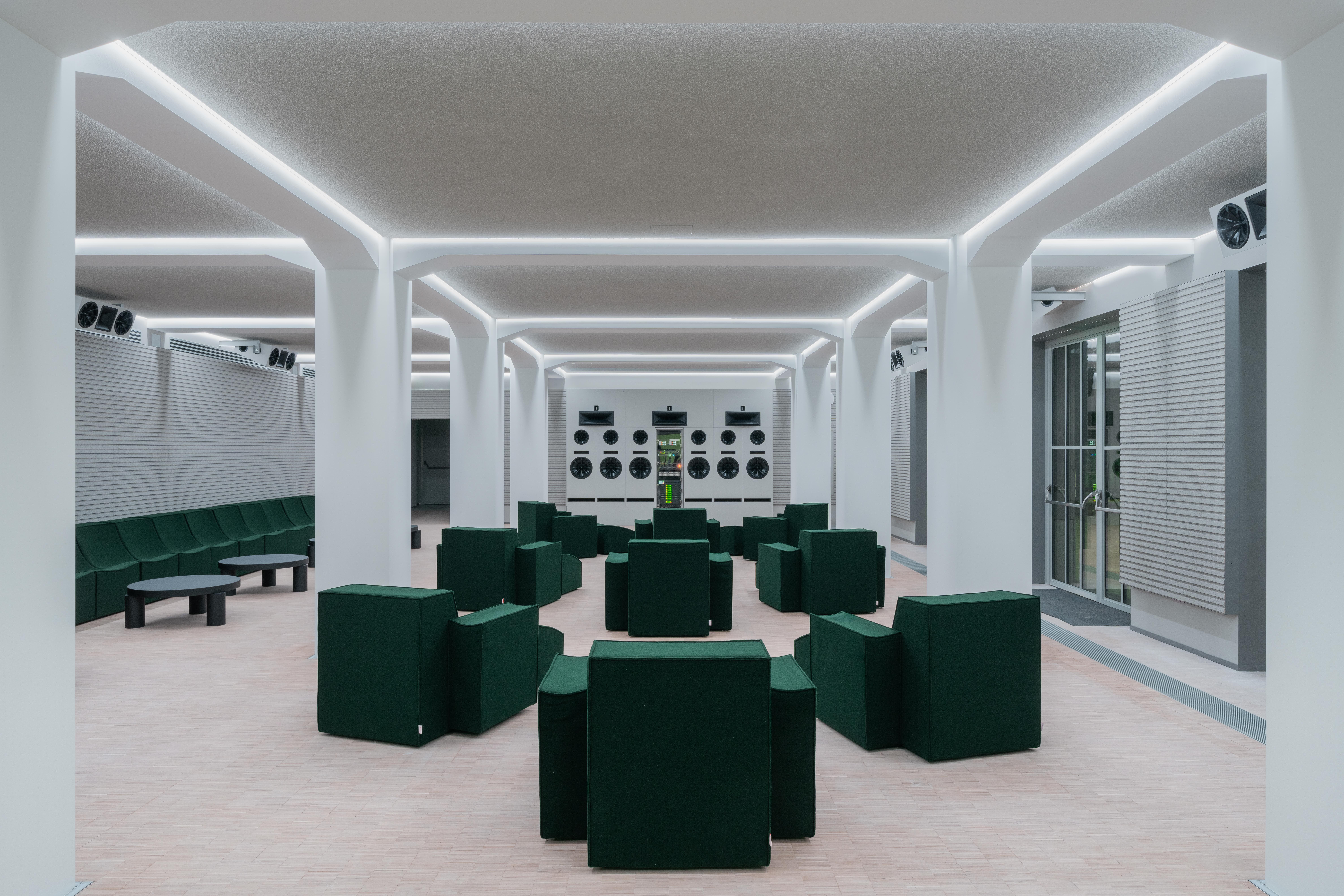|
The Spanish designer was in London recently to take part in the Design Museum’s 25th birthday celebrations. She spoke to Icon about the changing role of product design in the digital age Icon: Your monograph, Time to Make a Book, documents your successful career in industrial design. Has it made you reflect on your work? Patricia Urquiola: As a studio, a little community, we’ve been constantly evolving for the last 14 years. And I thought now was a good time to look back. When you do a book, it’s like closing something. Or opening up a new chapter. Icon: What changes have you seen over the years? PU: In the beginning, I would be asked to work with a company just for my ideas. They wanted me to arrive at a prototype. But the process of design is much more complex. They would say: “Don’t worry about logistical problems, or the kinds of technique we will use.” It was very difficult to interact in production while being outside the company. After the economic crisis, companies have kept me more involved. The way they’ve approached me in the last four or five years is to work from the beginning to the end of the process. Even when we’re about to produce an object, we are still talking about it. I think overcoming the problems faced during the crisis is what gave us this attitude. To keep growing, companies had to think more, be more human in the way they work with designers, and become more concerned.
Patricia Urquiola discusses her favourite item from the Design Museum collection: the Boby trolley designed by Joe Colombo Icon: How are wider issues influencing product design? PU: Because everything is becoming more connected digitally, it’s creating a much more fluid attitude to the understanding of design. The system is changing a lot. You need to buy products in order to consume them, but more and more I see the system becoming about services, making tools for life … consuming something only for the amount of time you need it. New communities are emerging around the idea of sharing, like car-sharing schemes, Airbnb, and all this. It’s changing, the capitalist system. It’s not only about renting something, you understand, but becoming a part owner in a community. This is something I’m very interested in – understanding how design can play a part. Icon: What else can you see changing? PU: I see us moving way from the idea of design as a label, but as a sign that something is well done, thought about or cared for. I hope that this attitude is growing. Icon: What’s next for the studio and where will your next project take you? PU: I’m still working with the companies that I have been for the last ten years, but lately I’ve been working more with makers, working with communities, by looking at their roots. For GAN, a Spanish rug company, I’m doing research with these fantastic women in India who do embroidery. Since they are used to working in long strips of material, I designed a system of long parts that fit together. There was an opportunity to work with their natural process in the right way. For tickets to the Design Museum’s 25th anniversary talks series, visit DM25.org
|
Words Riya Patel
|
|
|


